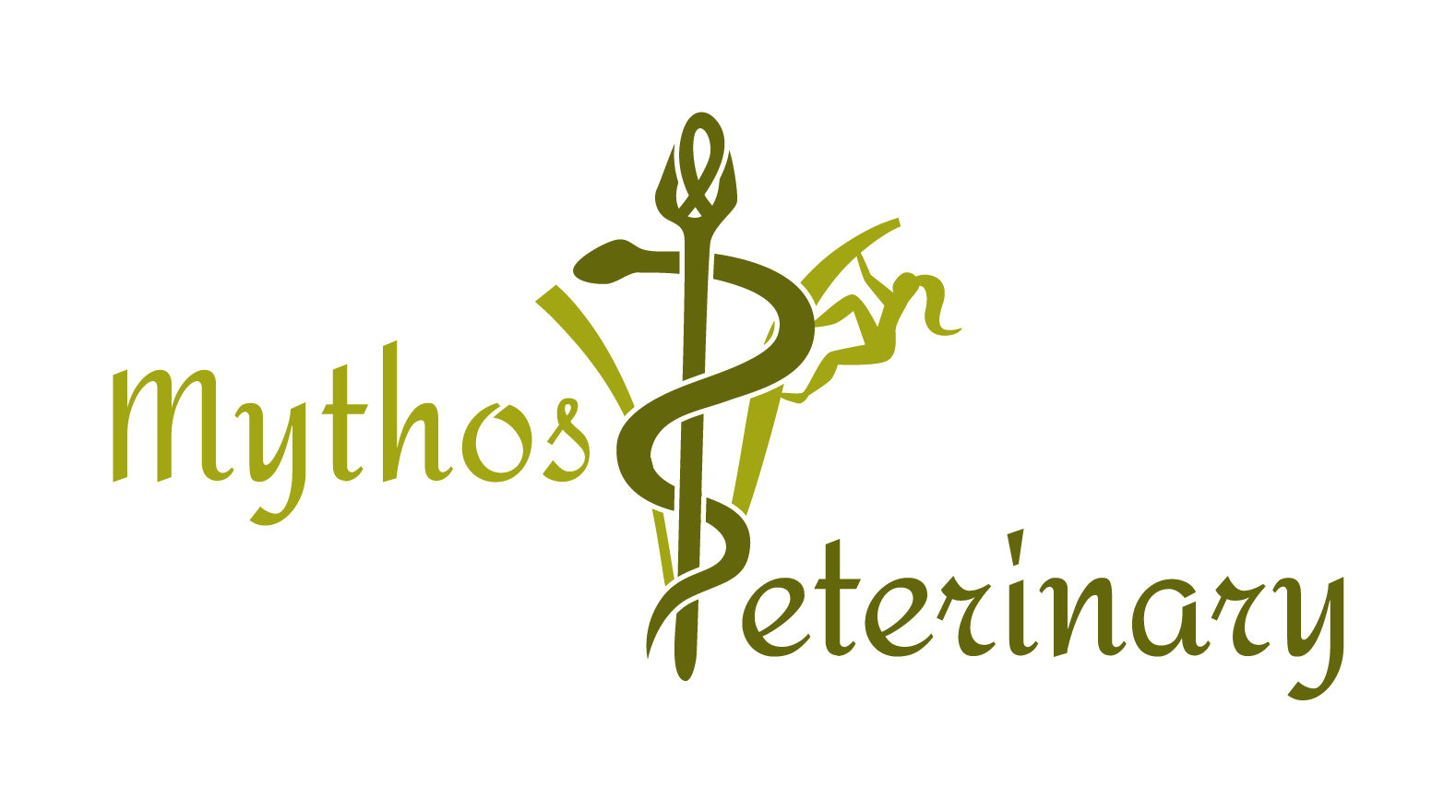Cardiac disease and anesthesia in my pet: Should I be concerned?
October 28, 2020The short answer: Yes.
One of the most common consultations I receive requests for, as a Boarded Specialist in Anesthesia (formally known as a Diplomate of the American College of Veterinary Anesthesia and Analgesia, or DACVAA), is for patients that have some form of cardiac disease. This disease seems to intimidate both veterinarians and pet owners alike.
The first thing to keep in mind is that cardiac disease is a very broad term for a whole host of disease processes affecting the heart. Is this a disease your dog or cat was born with, such as pulmonic stenosis or subclinical hypertrophic cardiomyopathy, respectively? Is it a problem with the heart’s conduction system, causing the heart to beat too slowly or too fast? Is it an age related change, such as mitral valve disease, or secondary to a disease process?
In order to understand more about the nature of the cardiac abnormality, it’s often necessary to collect more information. A thorough cardiac work up includes diagnostic tools such as blood pressure readings, an ECG and/or an Echocardiogram. Although most veterinarians have some comfort with understanding cardiac disease, often times a veterinary cardiologist offers the most expertise on your pet’s heart. This is why your veterinarian may request a referral to your local veterinary cardiologist, or in some cases, veterinary internist. These diagnostics have a huge impact in selecting the best anesthetic protocol for your animal, and even if it’s safe for your animal to undergo anesthesia at all!
Selecting the right anesthesia protocol for your pet is important because of the impacts of anesthesia on the heart. Sometimes, those impacts are beneficial. For example, the rate of metabolism and hormone release decreases under anesthesia, so certain conduction problems might actually improve with anesthesia! Most of the time, however, we aren’t that lucky with other cardiac diseases. For example, anesthesiologists know and anticipate low blood pressure in every anesthetized patient, by virtue of the relaxation that happens to blood vessels. Combine this low blood pressure with changes to the heart from cardiac disease (especially things that the heart has had to compensate for, to overcome the disease), and we have a patient who needs to be managed very carefully. While veterinary internists or cardiologists may give generic recommendations for how to manage cardiac disease, it is truly the DACVAA who has spent years training on how to deal with this complicated change to the patient in light of anesthesia. When a patient—even one with complicated cardiac changes—is awake, their body provides a significant amount of resilience to their disease. Under anesthesia, all of that “auto-pilot” is switched to “manual”. The only specialist truly capable of understanding in depth this type of switch is the veterinary anesthesiologist. Just like you would not want your cardiologist running your anesthesia, your pet’s other specialists cannot replace an anesthesiologist’s review of the case. Animals benefit from having their cardiac disease under anesthesia managed by a Veterinary Anesthesiologist.
The last thing to consider is that it IS safe to anesthetize a dog, even one with significant cardiac disease, as long as their cardiac disease has been well managed and their protocol is cardiac friendly. As we stated previously, a DACVAA is well versed in creating cardiac friendly protocols, especially if these Veterinary Anesthesiologists have the information obtained from a full cardiac work up.
Want to know more? Talk to your veterinarian and request a consultation by Mythos Veterinary! Your veterinarian, a veterinary cardiologist or internist and a DACVAA make a winning team for your pet with cardiac disease.
